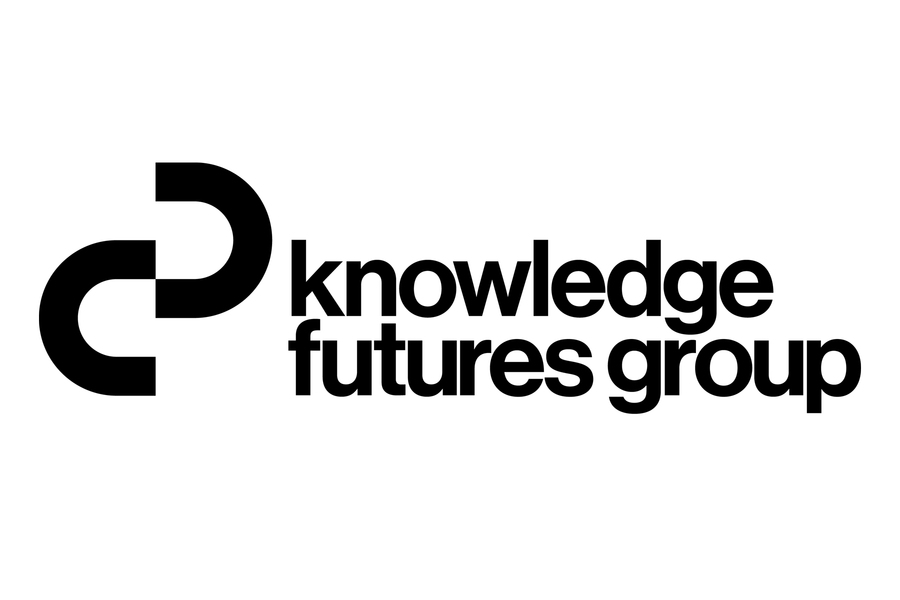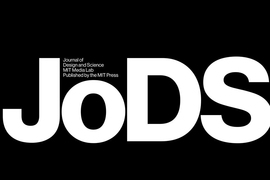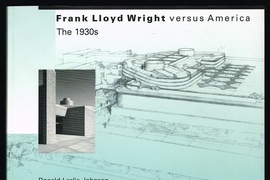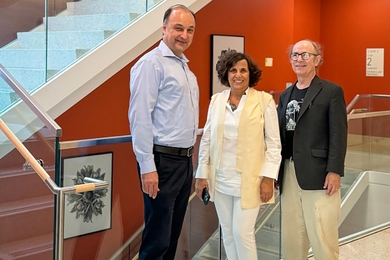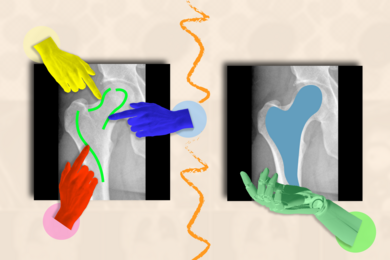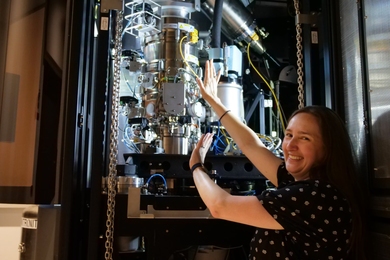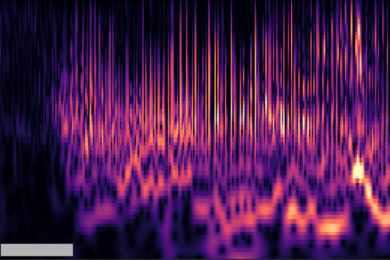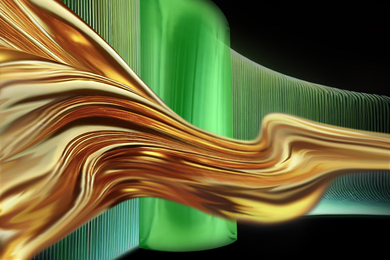The MIT Press has announced the launch of the Knowledge Futures Group (KFG), a first-of-its kind collaboration between a leading publisher and a world-class academic lab to transform how research information is created and shared.
The joint initiative of the MIT Press and the MIT Media Lab seeks to redefine research publishing from a closed, sequential process into an open, community-driven one. The goal is to develop and deploy technologies that form part of a new open knowledge ecosystem, one that fully exploits the capabilities of the web to accelerate discovery and the transmission of knowledge.
The effort has thus far received $1.5 million for its initial year of operation, through the generous support of Reid Hoffman, the co-founder of LinkedIn and a member of the MIT Media Lab’s Advisory Council, as well as smaller project-specific gifts from the Siegel Family Endowment, the John S. and James L. Knight Foundation, the Alfred P. Sloan Foundation, Protocol Labs, and several individual donors.
Hoffman says he is supporting the effort “because I believe our future depends on how effectively we can combat the spread of misinformation and democratize access to trustworthy, verifiable sources of information.”
“It is imperative that we must move quickly toward a more open system of knowledge creation and sharing,” he says.
Several months ago, Media Lab Director Joi Ito and MIT Press Director Amy Brand began exploring the creation of an incubator at MIT for tools and technologies that could enable a more open model of research.
“We’ve created this space for pure experimentation,” says Brand. “And we’ve already seen the benefits of sharing ideas between our core publishing groups and the KFG in innovative projects like Frankenbook, JoDS, and our Works in Progress Open Access book community. We believe these examples are just the beginning of what will come from continued testing, development, and cross-collaboration.”
Ito, a member of the MIT Press Management Board, says publishing models “need to get better at aligning academic incentives with societally beneficial outcomes.
“We’d also like to serve as a model for others of what institutional ownership of this essential infrastructure looks like and how it can succeed at amplifying the impact of investment in basic research,” he says.
Terry Ehling, director of strategic initiatives at the MIT Press, says the need to promote the efficient and equitable dissemination of research information has never been more urgent.
“The press is in a unique position among mission-driven publishers to take a disciplined and transparent approach to open collaboration and experimentation,” says Ehling, who also serves as managing director of the Knowledge Futures Group.
One of the KFG’s first projects is PubPub, an open authoring and publishing platform that was developed by Travis Rich and Thariq Shihipar while they were graduate students at the Media Lab. The platform socializes the process of knowledge creation by integrating conversation, annotation, and versioning into a digital publication.
The KFG is also incubating the Underlay, an open, distributed knowledge store that was conceived by Danny Hillis and Sam Klein and is being developed with Joel Gustafson. The Underlay is architected to capture, connect, and archive publicly available knowledge and its provenance.
The initiative will be based in close proximity to both the Media Lab and MIT Press at the Cambridge Innovation Center in Kendall Square.
